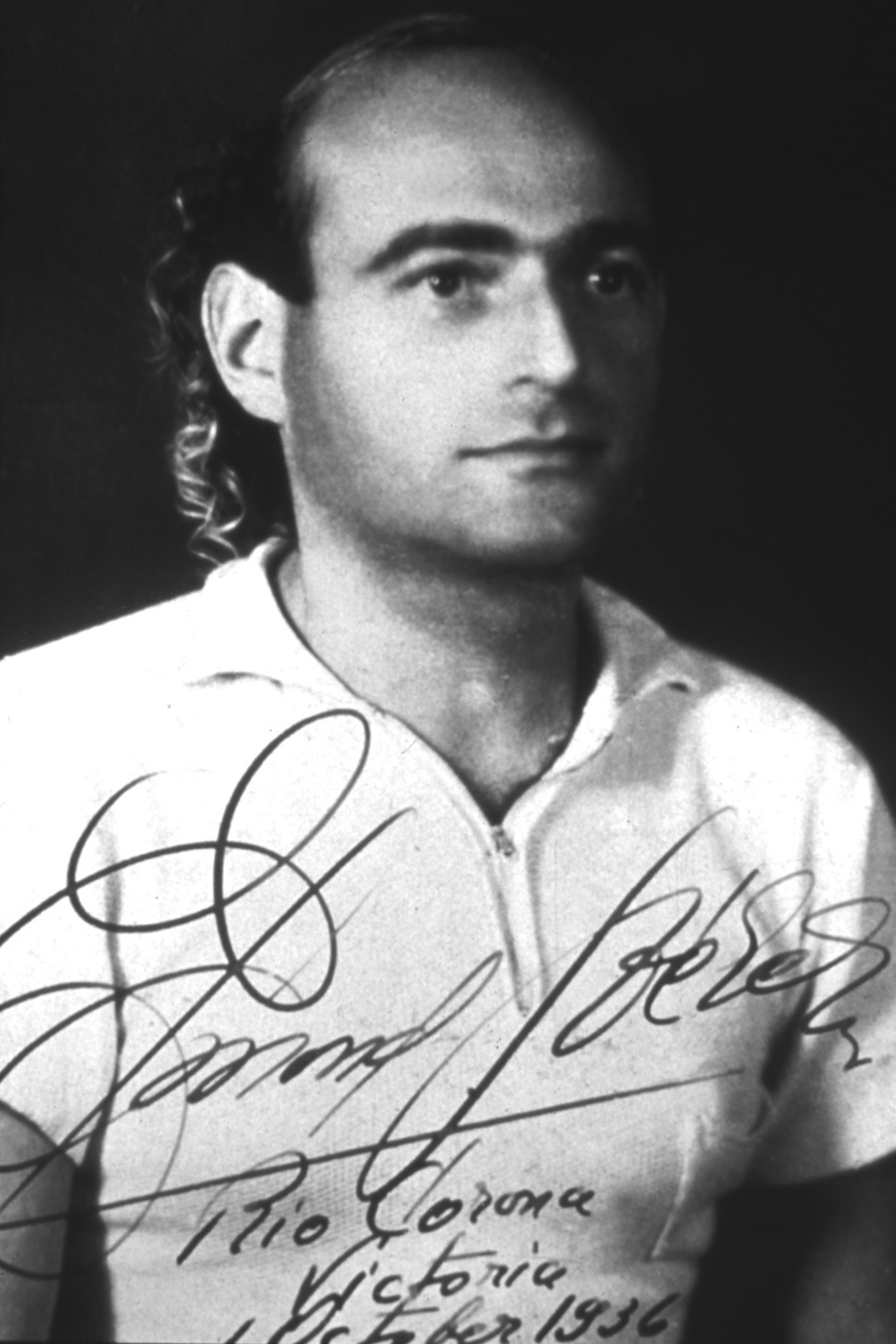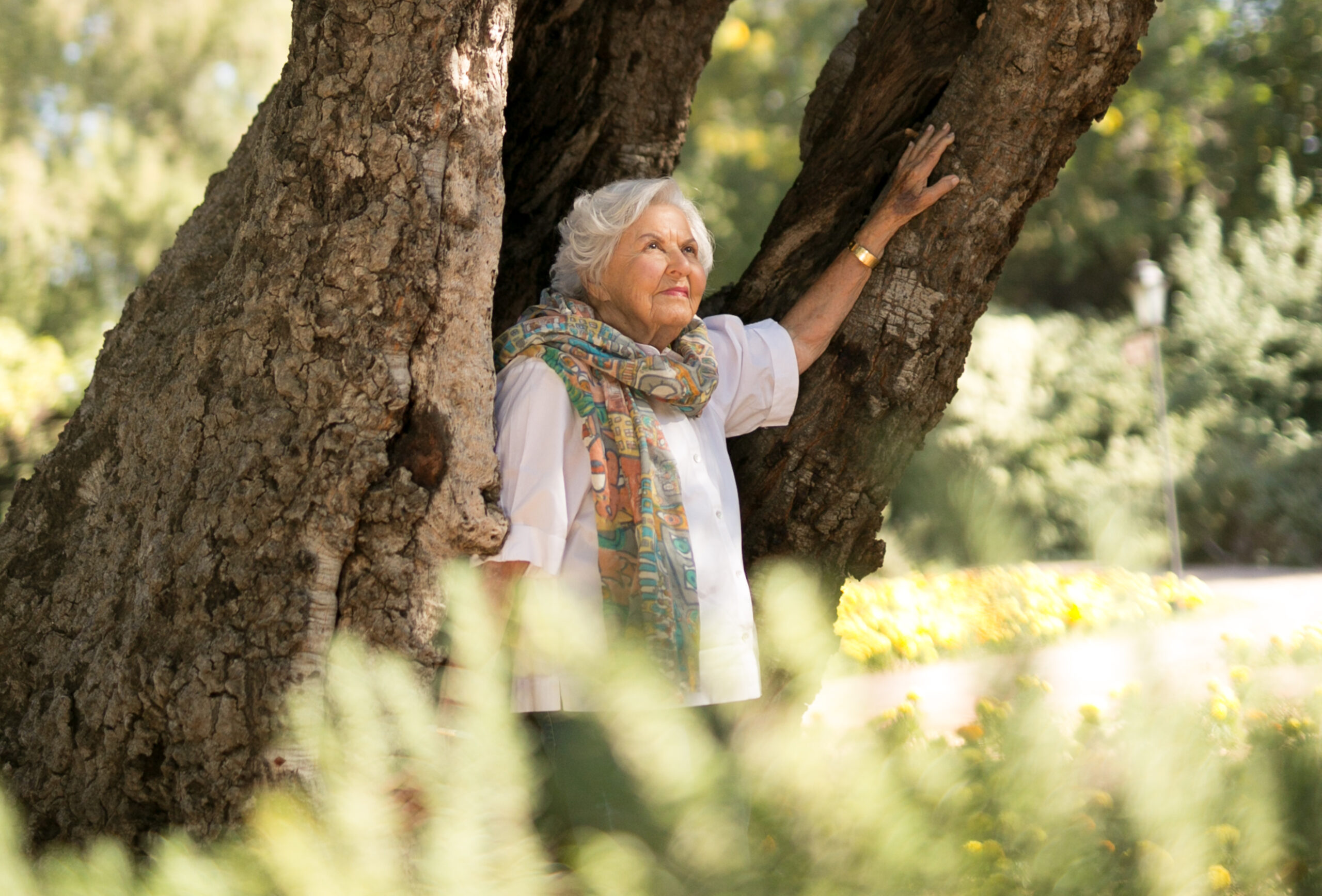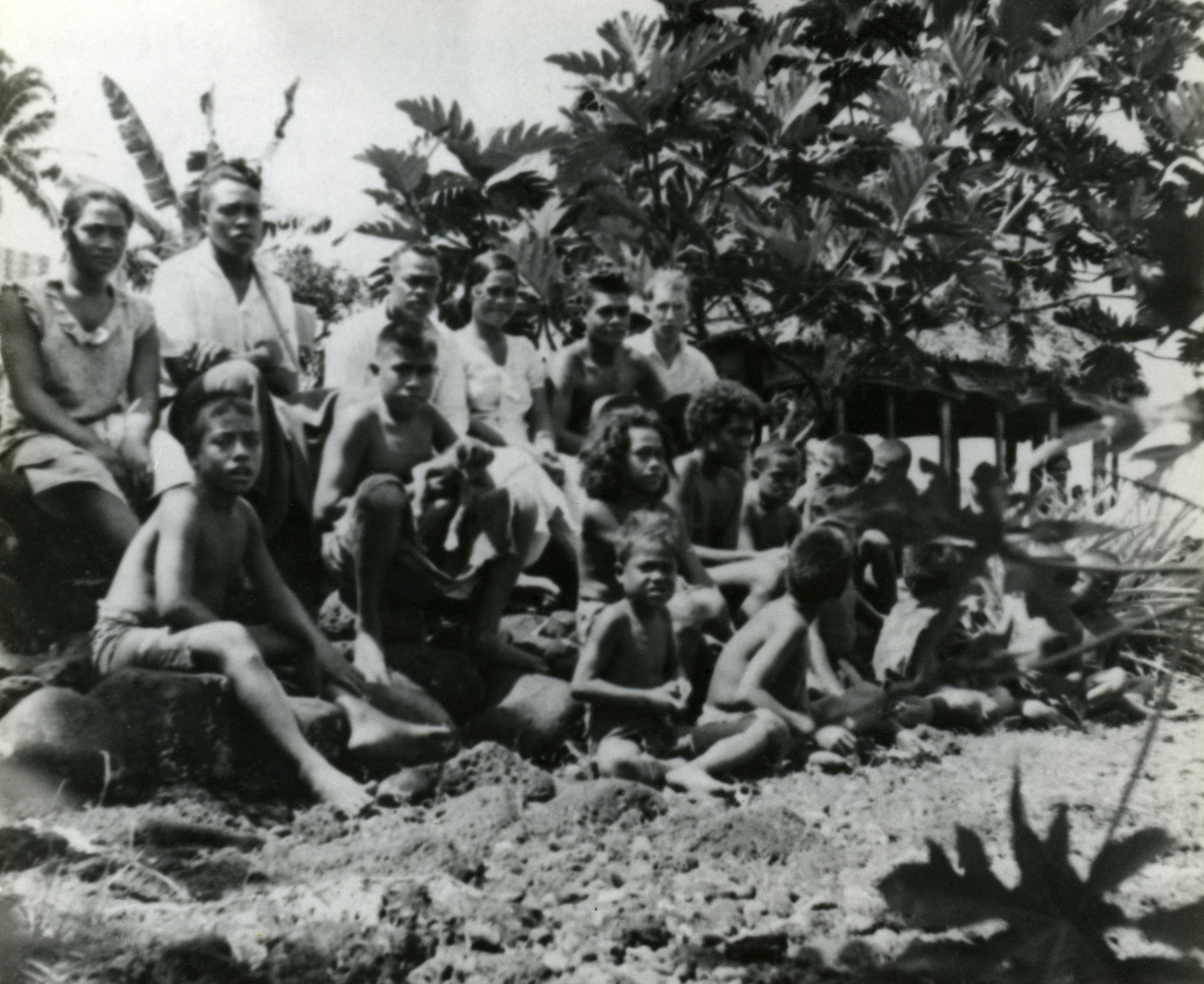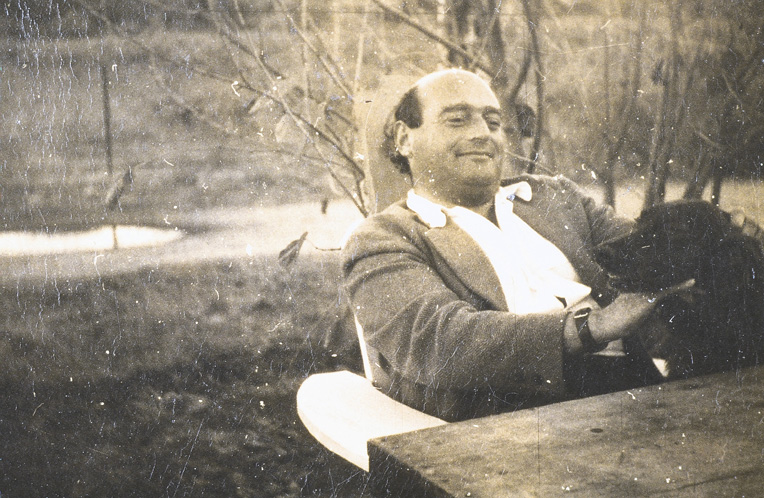Origins of the Ranch

Rancho La Puerta, founded by Edmond and Deborah Szekely in 1940, is the original destination fitness resort and spa. It has always been at this location, and always family-owned and operated.
Keep reading to find out more about the origins of our magical wellness retreat…
The following story is from Purcell Weaver’s Preface to Edmond Szekely’s book “Man, Cosmos & Society: A Paneubiotic Synthesis” (The C.W. Daniel Company, Ashington, Rochford, Essex, England; 1936). Edmond Szekely, along with his wife Deborah, would go on to found Rancho La Puerta in 1940 in Tecate, Baja California, Mexico. But this fateful meeting occurred six years before, and as you shall eventually see in subsequent articles each month, still influences the Ranch’s destiny today…
Early in the year 1934 two expeditions left Europe for the South Sea Islands.
The first, consisting of one sick man and five pieces of luggage, sailed from London on the eleventh of January bound for Samoa. The second, the International Cosmotherapeutic Expedition 1930-40 together with the International Ethnopsychological and Ethnosociological Expedition 1933-35, under the direction of Edmond Szekely, left one month later for the island of Tahiti.
The one sick man was myself. For a considerable period I had been unwell and passed into and out of the hands of a number of physicians, surgeons and even ‘quacks’ who so far from effecting cure, were unable to say with any certainty what was the matter. So I decided to see whether rest, fresh air and the newness of life among people with customs and ideas far different from our own would not succeed where drugs and operations had failed.
In due course I reached Apia, and after a fortnight’s stay in the town where the European residents and officials did everything they could to make my visit a pleasant one, I set off on foot round the island. I took two young Samoans with me as interpreters and carriers of much unnecessary food and baggage. Each night I stayed with some native chief or pastor and saw much of the life and social customs of the islanders. The evening usually ended with a dance or fiafia by the girls and children of the village.
After ten delightful weeks among this unspoilt and unsophisticated people, I had sadly to think of making my way home to England. I had learnt much from the Samoan, but I had not found health.
I was due to sail to San Francisco on the 8th of May, but on the 7th I took to my bed with a bout of fever. Then Providence stepped in. There was a strike in Sydney and the mailboat service between Australia and San Francisco via Tahiti was suspended. A cargo boat was sent to take its place, and contrary to custom called at Apia on its way to the east. I booked a passage on her to Papeete and awoke one morning to see the mountain peaks of Moorea and Tahiti rise from the sea. The next northbound boat was supposed to arrive in ten days’ time, but my plans were again upset. The strike in Sydney persisted and no boat came. This time I was annoyed, even angry, as I was to meet my brother at San Francisco and return to England with him. So after sending a cable to announce my imprisonment in Tahiti, I retired to Tautira in the extreme south of the island. There I met a fellow-countrywoman in the hotel at which I stayed. I remarked that she ate nothing but a little sour milk and a slice of papaya at each meal. She was much bronzed by the sun and despite her meagre fare appeared to be extremely well. She explained to me that she spent three or four hours each day bathing in a stream and in the sun and that she had been advised to do all these things by a foreign doctor who was treating the natives of the island.
She suggested that I should visit him and gave me a note of introduction to the Tahitian friend with whom the Professor was staying just outside Papeete. M. Oscar Haereroaroa received me kindly but explained that the Professor was forbidden by the authorities of the island to give medical advice. He could therefore only talk of medical science in a very general way. Subject to this he would be very pleased to see me. So one evening I walked to the Professor’s house. I was greeted by two fierce Alsatians and a notice which declared that “the Professor sees no one.” Having successfully passed the canine Scylla and Charybdis I was not deterred by mere words and continued down a dark and narrow alley between two walls of bushes to the house. All was in darkness and no one appeared to be at home. I was about to retire when M. Haereroaroa appeared behind me and said that the Professor would not keep me long.
He soon arrived and I was introduced to him. I explained the reason for my visit and asked for general information on his methods of healing. The Professor seemed more interested in other topics and the conversation turned to the political situation in Europe. I began to feel that it was time to go.
Though I did not know it till afterwards, I was at the time suspected of being an ‘agent provocateur’ sent by local intriguers to cause trouble.
When all seemed lost I chanced to utter the names of Karl Marx and Jesus Christ. The Professor thawed at once; the prohibitions of the authorities were forgotten and I was sent away to eat oranges for three days and bidden to return on the morning of the fourth day for diagnosis. I did as I was told—not only for three days but for more than three months. I had to do many things that I had never done before: I fasted, I gave up breakfast, I reduced my ration to two pounds a day, I ate nothing but raw fruits and vegetables, sour milk and a little bread. I did a thousand exercises a day. I bathed for long hours every day in the sun and in the river which flowed down the valley where I lived. I grew extremely thin.
After two weeks of treatment I felt much better than I had for many years. I woke up fresh in the mornings and ready for mental work—which the Professor provided.
Next month: Purcell Weaver begins translating Professor Szekely’s “Man, Cosmos & Society” in Tahiti, and the stage is set for Deborah Szekely’s family to meet the Professor.


